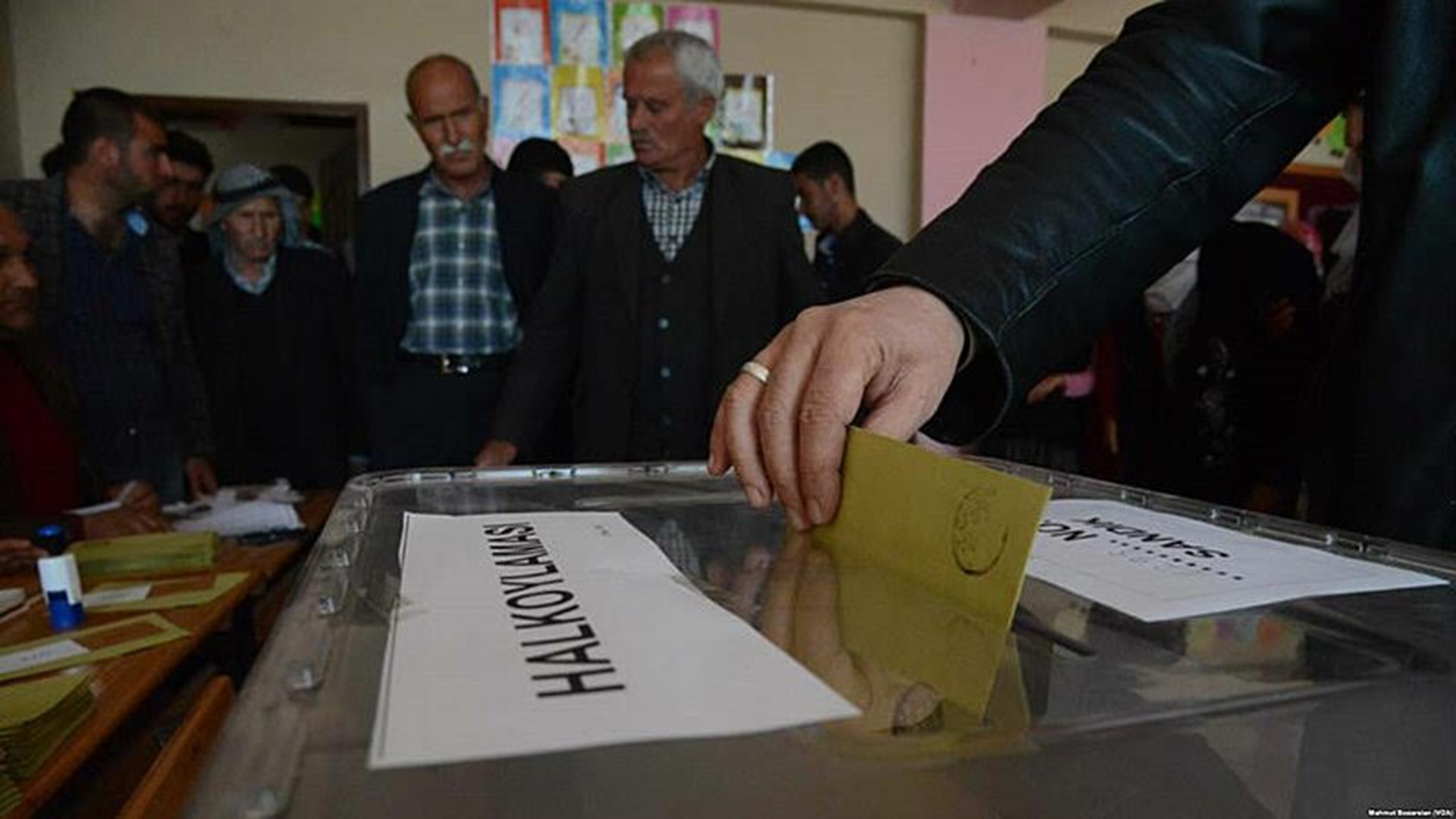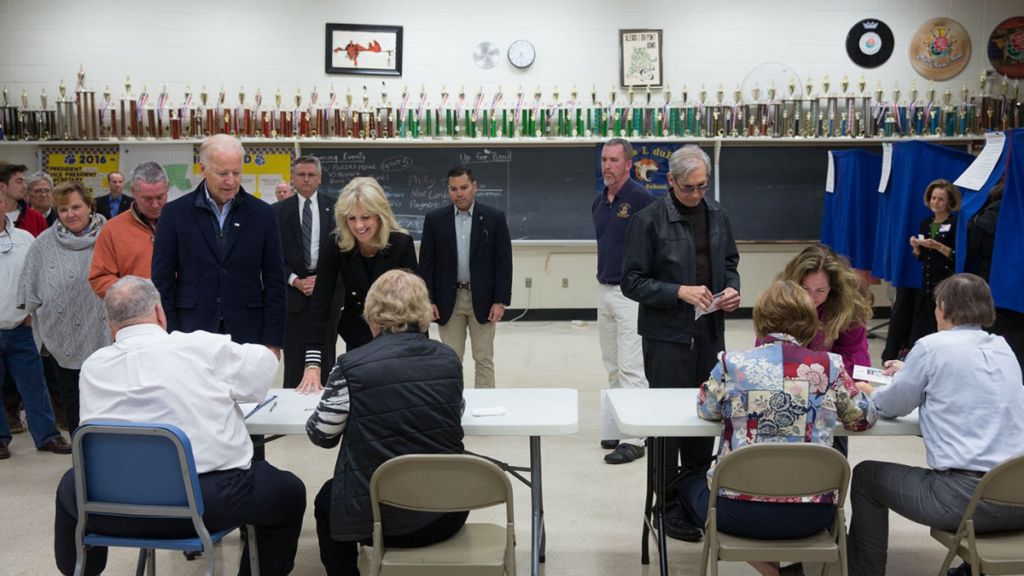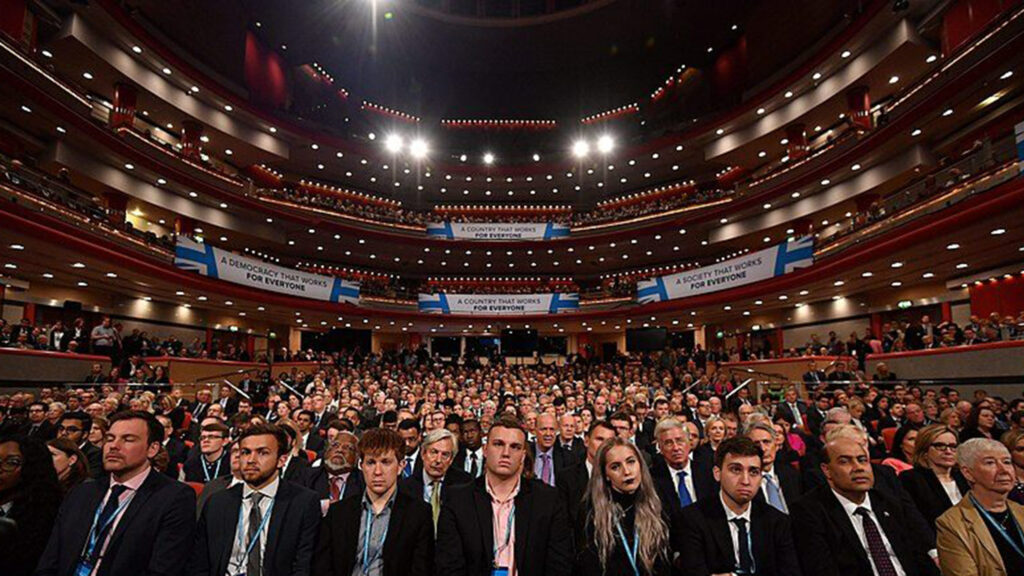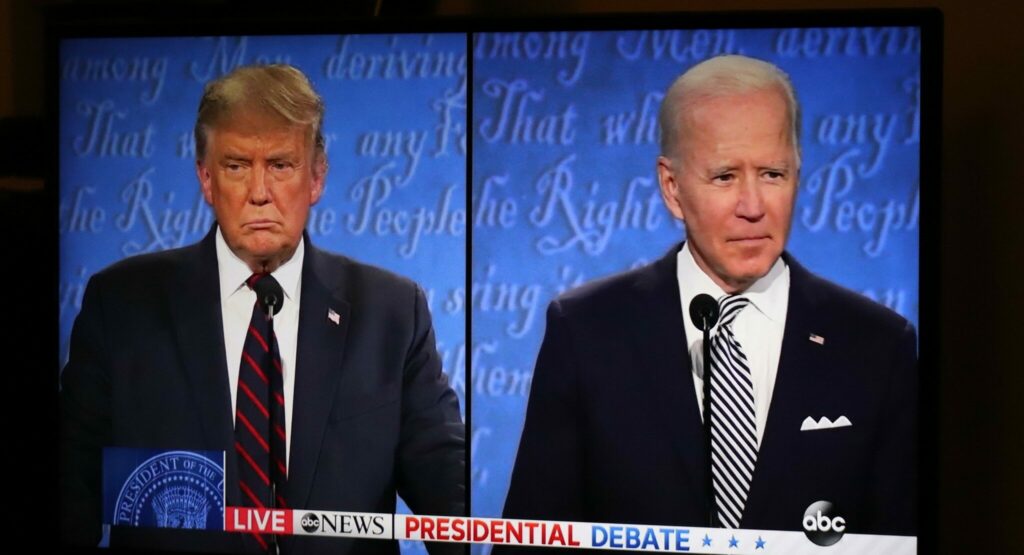January is not usually a month associated with political excitement, however some consequential elections have occurred with huge implications. 2024 has already been dubbed the ‘super election year’ when more than 60 countries with a combined population of two billion people will cast ballots in presidential and parliamentary elections.
Given the high stakes of many elections taking place, the risk of misinformation and disinformation is high. According to polling from the Pearson Institute, 95% of Americans believe the spread of ‘fake news’ is a problem. In India, where Narendra Modi is hoping for an historic third election win, a World Economic Foundation poll of 1,000 election experts found false information to be the country’s largest threat out of a potential 34 other issues.
In other countries the stakes are more visible and democracy is in decline. Following a September 2022 coup, the military regime in Burkina Faso that originally promised a presidential election for July 2024, is now questioning whether one is necessary claiming it is “not a priority” compared to the country’s security against “jihadist violence” – referring to the now 40% of the state seized by groups affiliated with Al-Qaeda and Islamic State. Likewise Chad’s legislative elections, originally diarised for October 2024, have already been postponed following an April 2021 coup that has left the country’s governing infrastructure fragile. In Mali, the military junta installed via coup in May 2021 has ‘indefinitely postponed’ elections citing a French-organised census it deems to be inaccurate and undermined by ‘technical reasons’.
Authoritarianism is spreading across the globe, and is concerning voters more. In the USA, 56% of voters fear presumptive Republican nominee Donald Trump will ‘act like a dictator’ if elected to a second term – worries that stem from his assertion that he would act as such but only on “day one” of his presidency. In Russia, President Putin’s third election win has all but been declared, in Belarus the pro-Lukashenko ‘Belaya Rus’ Party looks to tighten its grip on the country’s House of Representatives, and in Mexico, President Obrador has been amplifying misleading information against his likely opponent ahead of June elections.
Of the 43 countries expected to hold free and fair elections this electoral megacycle, 28 do not actually meet the essential conditions for a democratic vote, according to the Democracy Index from the Economist’s Intelligence Unit. Moreover, eight of the ten most populous countries holding elections in 2024 are all struggling to ensure high voter participation, protect free speech and electoral independence, and stem the growing tide of authoritarianism. Here is analysis of a handful of them:
Taiwan - A balancing act with China
Tensions with China have been growing in the Taiwan Strait. Since the island’s incumbent President Tsai Ing-wen was elected in 2016, bilateral dialogue has ceased, military drills have increased, and China’s greater use of ‘grey zone’ tactics has fostered concern.
President Tsai was ineligible to stand for re-election, meaning Vice President Lai Ching-te was seamlessly able to assume the Democratic Progressive Party’s (DPP) leadership. In accordance with polls, Lai did not win a majority of the vote but instead claimed victory with just over 40.0% (compared with 57.0% the party secured in 2020), with the Kuomintang (KMT) candidate achieving 33.5%. The 17.0% fall for the DPP largely came from the rise of the Taiwan People’s Party (TPP) who secured the island’s best third party showing since 2000.
The simultaneous legislative elections mean Lai’s ability to govern is complicated. The TPP and KMT (deemed a more reasonable partner by Beijing) gained 17 seats, whilst the DPP fell short of a majority meaning that for the first time since 2004 Taiwan has a hung parliament. This instability is being closely monitored by Beijing.
The election is a rebuke of China and President Xi is all too aware. In the last decade, Beijing has managed to persuade ten countries to sever diplomatic ties with Taiwan and switch ties to the mainland. Days after Lai’s victory, the tiny island nation of Nauru did just that with its government announcing that Taiwan was “an inalienable part of China’s territory” – a decision no doubt aided by the $137 million in grants and debt repayments Beijing has invested in the island’s economy.
The election will likely heighten China’s threats of economic penalties. It is possible Beijing will expand existing trade restrictions and make it more challenging for Taiwanese firms to produce in China. Should it wish, China could annul the Economic Cooperation Framework Agreement – a free trade deal with Taiwan that reduces cross-Strait tariffs and improves relations. Militarily, no exercises have been announced in response to Lai’s win, though China was found to be releasing surveillance balloons over Taiwan on election day, and organising rare night-time patrols by aircraft.
China’s influence has been slowly working in Taiwan – with the DPP tempering its policy away from outright independence, however it is fearful of the growing sympathy towards it from across the world, and with the Chinese economy expected to shrink, President Xi may want a ‘rally around the flag’ moment of unity – invasion of Taiwan.
The USA - The rematch few want
For ten months, Donald Trump has been gaining steam amongst Republicans. In February 2023, he was facing significant competition from Florida Governor Ron DeSantis, who was beating the former president in some polls. Had the primary been held this time last year, Ron DeSantis would have won the party’s first two nominating contests in Iowa and New Hampshire in its search for a presidential nominee to fight President Biden in November 2024.
However, all of this changed and the polls narrowed. Eventually, DeSantis fell to third place behind former UN Ambassador Nikki Haley. In Iowa, caucus-goers gifted Trump an historic victory, and sounded the DeSantis campaign’s death-knell. For all the attempts to liken himself to the former president, voters rejected this in favour of the ‘real deal’.
The margin of Trump’s win in Iowa was unprecedented for the party. The 30.0% gap between Trump and DeSantis more than doubled the previous record of 12.8% for Bob Dole in 1988. He also increased his vote share from the 2016 Iowa caucus by 26.7%, largely thanks to the huge rise in support for Trump by Republicans who were over 30 years old, and Christian Evangelicals – a bloc he won just 20% of in 2016, but won 53% of in January.
DeSantis dropped out of the contest soon after Iowa, leaving the contest between Trump and Haley – with hopes of a competitive primary hinging on New Hampshire. The state has a fiercely independent and moderate streak and tends to break for candidates late in the campaign. For example, in 2020’s Democratic primary Senator Amy Klobuchar stood at 4.0% in the polls with less than 14 days until voters cast their ballots – on election day she claimed 20.0% of the vote. The graph below demonstrates Haley’s rise in the state:
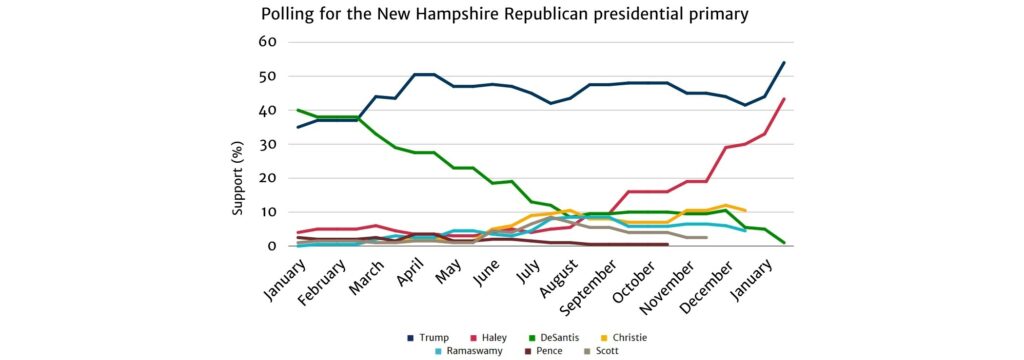
Haley was on a similar trajectory to Klobuchar. In September 2023, she stood on 3.0% of the vote, but following a string of favourable headlines, notable endorsements (including by New Hampshire’s governor Chris Sununu), and strong debate performances, climbed to nearly 44.0% of the vote. Buoyed by the moderate nature of the state and the fact that registered independent voters were able to cast ballots in the primary, she was able to trim Trump’s lead in the state to just 11.0%. Still, Trump was able to increase his base of support in the state from 35.2% in 2016, to 54.4% in 2024 – a sure sign that his grip on the party remains iron-clad.
Haley’s loss was treated more as a victory – an indicator that her campaign represented the only alternative to Trump, and was a safe haven for establishment Republicans and moderate voters – a bloc she won 60% of. She has pledged to continue her campaign to South Carolina in late February, a state she served as governor of until 2017 when Trump appointed her to the UN role.
For Biden, Haley’s loss meant he was delivered the candidate of his choice for November’s election. Whilst he trails Trump in most opinion polls, Biden and his campaign team believe they can replicate his 2020 strategy that saw him oust Trump from the White House. However, should Biden win, it may not be due to his campaign’s tactics. Rather, 35% of Republican voters who cast ballots in the New Hampshire primary said they would outright ‘refuse’ to vote for Trump in November – should this be replicated nationally, it may be Haley voters who hand Biden the 2024 presidential election.
Finland - Who will defend NATO’s longest border with Russia?
NATO’s newest member recently concluded the first of two rounds of voting for the country’s next president to succeed Sauli Niinistö. Despite fears that Jussi Halla-aho, Speaker of the Finnish Parliament and former leader of the Finns Party – a right wing populist party – could eke into the second round, moderates won. Former Prime Minister Alexander Stubb of the centre-right National Coalition Party will face Pekka Haavisto, a Green progressive who, if elected, would become the country’s first openly gay president.
Whoever wins will face an ever-aggressive Russia that has, since 2008, been annexing parts of neighbouring countries and destabilising internal affairs. Many Finns are assessing who has the best foreign policy experience – be it former Prime Minister Stubb, or former Foreign Minister Haavisto who played a key role in the country’s accession to NATO. Finland, and its soon-to-be former President Niinistö once prided himself on his close ties with Russian President Vladimir Putin before becoming one of his most trenchant critics. Both candidates advancing to the second round have a belief that Finland should be an active contributor in building a shared European defence and Nordic cooperation.
With little between the candidates policy-wise, the election will be a personality-driven contest between two qualified and highly rated men. How each comes across during the debates between now and the second round will be crucial in gaining support. Stubb leads Haavisto in recent polls, and pollsters in Finland have a good track record of forecasting the winner of the second round.
2024 will be the largest global election year ever – countries representing 50% of the world’s GDP will vote. With 11 months to go in this international elections ‘Superbowl’, politicos can expect to see protests, polls (lots), primaries, new presidents and prime ministers, and plenty of data to pore over. Continents could have their politics uprooted, and new political forces may be emboldened. No one can truly know the outcome of these elections which is why one must rely on one of the most reliable tips in political science – expect the unexpected.

